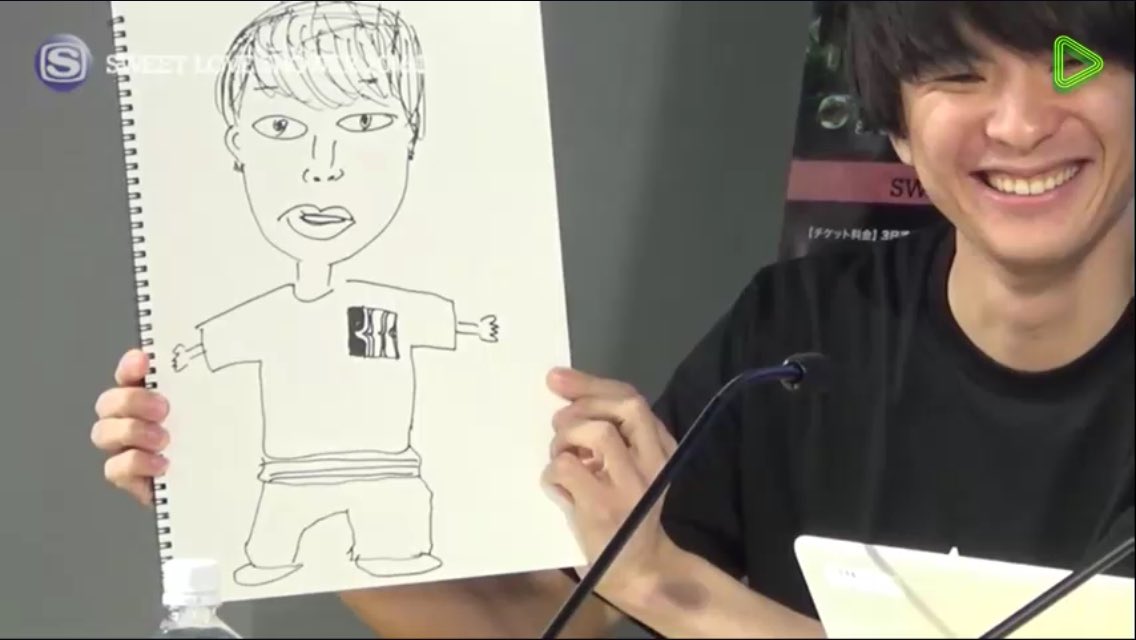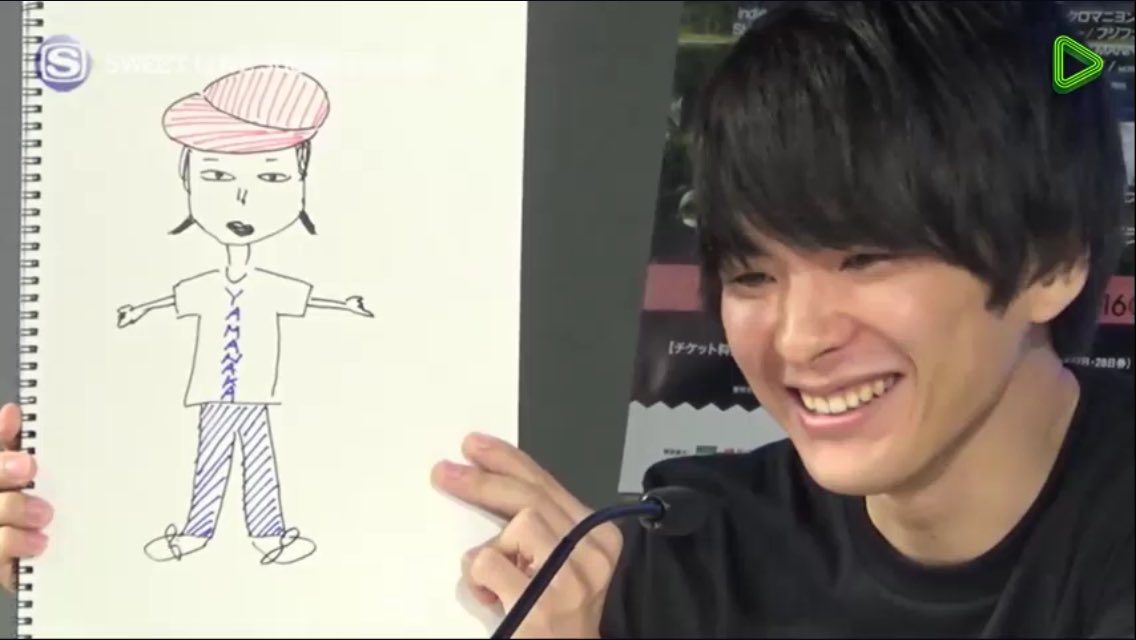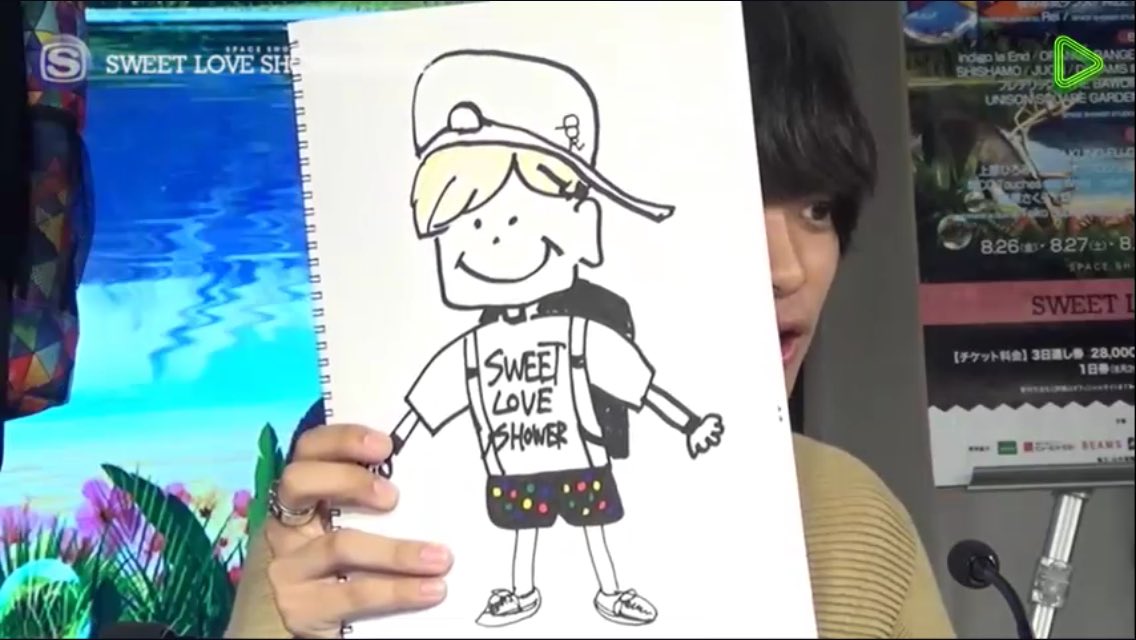NMB48's Riripon continues to take us through the world of philosophy
It's a fair point, and I have been thinking about how it relates to different concepts with idol music and different perceptions, namely those correlating with perceptions of belonging to different ages.
It seems that "cute" and "happy" are commonly perceived as correlating with children. It can be easy to see why, since children don't have all the burdens and complexities that adults have on their minds and in trust of their responsibilities, they also have less expectations since things are new to them, compare new experiences to a smaller variety of things that are usually more mundane, and have less memories of betrayal. All of this makes it so that children generally have a brighter attitude and more freely express happiness and delight, which is cute. However, I don't think that means cuteness and cheerfulness belong to children, it is just easier for them.
Along with this, we often think of sexual or confrontational concepts as natural to adults. It is obvious why, since sexuality comes with adulthood and we usually have the competence and urge for confrontation (or merely aggressive self-assertion) when we are adults, but I don't think that because these things happen in adulthood means that it is somehow more age-appropriate to go with those concepts. These are aspects of adulthood that one has to intentionally identify in themselves and channel into social expression. It takes effort, and some people are bad at different sorts of expression. Recognizing this, I don't think sexuality or boldness are much less contrived than cuteness and cheerfulness for an adult.
So why is it then that we often see cute and cheerful concepts being paired with objectively youthful themes, like high school? I think is is a mix of things. Since youth are more psychologically free to those things, yet character develops in complexity and intentionality with a developed mind, it will be among older youths who have taken some agency in how they present themselves that cultural innovation and development of presenting oneself in an appealing manner by those characteristics will be most present. This is all the more the case as youth are discouraged from being sexual for both social and legal reasons, leading them to personally focus on being in touch with and expressing their other aspects of appeal to efficacious reception from others.
This developed personal resonance with expressing those aspects of our complex human nature is probably recognized by creative directors and respected as a strength of that demographic, then that mixes with a bit of laziness in regard to coming up with new ways of expressing cute and cheerful sides of personality, and then purposely grabbing a context that will stir sentimental memories of what it was like to live life within that sort of attitude. Since the social correlations of these aspects to youth are not held in mind for other types of concepts, those concepts find the majority of their development and innovation in the adult world, but they are just as much an expressive enhancement and effort that is "put on" over our truly natural state, which is most often far more mundane than any entertainment performance.
Is there also some pervy element to this correlation with youth? There is undoubtedly at least some demographic that does hold it in such a mind. However, after years of becoming more familiar with idol music in Japan and Korea, I think it is most often not what is in mind. People just have an appreciation for all aspects of humanity, and sometimes they need something that speaks to our serious side, something to our angry side, something to our sexual side, something to our defiantly independent side, or something to our cute side. We appreciate all these things, and they reflect different intentional psychological pursuits to grab at the essence of something and celebrate it through artistic expression, and having the media in our lives serves different roles of keeping us in touch with the whole of our humanity as we for the most part moderate ourselves for civil coherence and peace.
So to reiterate for clarity, as an example, sexuality is inherently adult, but presence of adult does not mean presence of sexuality. We have to intentionally identify, generate, express and enhance that aspect of ourselves beyond our other aspects to perform that kind of concept. Cheerfulness and cuteness is a more commonly natural expression of children than it is of adults, but that does not mean when an adult expresses these aspects that they are being childish. It is simply that adulthood leads us to a complexity and burden of mind that makes them less often our natural expression, so we have to intentionally identify, generate, express and enhance it to make a performance around it. When one sets themselves out to do it, and especially with the aim to make others happy, it is recognized that all efforts are inherently contrived and can be challenging to obtain for the developed adult mind. This can even be seen in older rappers who get worn out in the game of channeling aggression.
It's no surprise to me, then, that a Jpop idol who has made a career out of being the lens through which these things (particularly happiness) are projected would spend their time meditating on their essence and purpose in human psychology and the service it is actually doing for society.













